
But for anyone tempted to make a beeline for the nearest health food shop, there are things to be aware of before you start popping the pills and powders. Particularly with the rise of social media, there will always be some ‘guru’ who claims miracle properties for whichever supplement they are touting – whether they’re performance-enhancing, muscle building, or the best gym supplement for weight loss in town – but it is always worth noting that miracle pills do not exist. If it sounds too good to be true, it is, alas, too good to be true. After all, supplements for the gym are big business. Indeed, in the US, the dietary supplement industry was valued at $122 billion in 2016.
With so many products on the market, it can be very difficult to get to the bottom of what is legitimate and what is not. High costs can, too, be prohibitive, and then there is the fact that many are not reviewed independently for efficacy, it is, then, difficult to know whether the supplements will actually do what they promise to do.

At their core, gym supplements are either taken half an hour before a session or post work-out, and come in the form of pills, shakes, and protein powders. So, how do you navigate what’s on offer to find the best gym supplement brands? We take a look.
Workout Supplements

The Harvard School Of Public Health is never a bad place to head to learn more about what the potential impact of something we’re considering putting into our bodies may be. Introducing the topic of gym supplements, it takes a somewhat skeptical tone, noting that touts of such non FDA-reviewed supplements will have you believe that you cannot exercise without their wares – and yet, in the worst-case scenario, whether they do what they say on the tin is actually a secondary consideration to whether they’re even safe to take.
Harvard takes a look at the scientific evidence behind supplements for pre and post-workout.
Pre Work-Out

As they note, pre workout supplements are designed, essentially, as energy supplements for the gym. Typically taken 15 to 30 minutes before hitting the treadmill, they usually contain one or all of three core ingredients: beta-alanine, caffeine, and creatine. Beta-alanine is an amino acid that is produced in the liver and is also found in fish, poultry, and meat. As Harvard says, ‘When dosed at 4–6g/day for 2–4 weeks, this supplement has been shown to improve exercise performance, particularly for high-intensity exercise lasting 1–4 minutes, such as high-intensity interval training (HIIT) or short sprints. It has also been shown to reduce neuromuscular fatigue, particularly in older adults.’
The most familiar of the three, caffeine, is included to help increase energy for short-burst activity, such as HIIT. It is vital to check the quantities of caffeine in your supplement, above 400mg is not deemed safe, while caffeine powder as a standalone product is actively dangerous and remains unapproved by the FDA. It’s serious stuff. As they explain, ‘Powdered caffeine has been linked to numerous deaths—a single tablespoon (10 grams) is a lethal dose for an adult, but the product is often sold in 100-gram packages.’
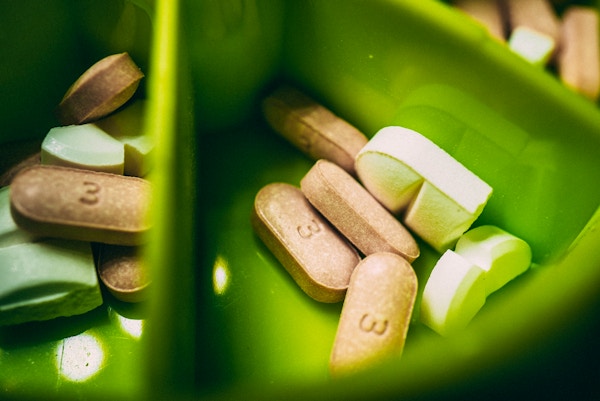
And finally, creatine helps produce adenosine triphosphate (ATP), which provides energy for muscles and is naturally found in red meat and seafood. It is particularly popular with weight trainers. It has been shown to increase body water and is thus associated with weight gain. It also may not be safe for those with kidney disease or bipolar disorder.
It is vital to consult your doctor before taking any pre work-out supplement.
Post Work Out
Post work out, gym goers are typically looking for muscle recovery supplements that will help to increase muscle mass thanks to effective and efficient repair. They frequently contain carbohydrates, protein, branched-chain amino acids, and electrolytes. You can read more on them here.

Harvard’s bottom line? ‘Workout supplements such as caffeine and creatine may be used to enhance exercise performance for high-intensity, strenuous physical activity, such as training to run a marathon or powerlifting. However, a healthy diet with adequate amounts of healthy carbohydrates, protein, and water is sufficient to fuel the body for moderate amounts of physical activity, such as an hour of jogging or bicycling. As workout supplements are not reviewed by the FDA for safety or effectiveness, you should consult with a doctor before incorporating them into your exercise routine and discuss if there are any potential contraindications if you have existing medical conditions.’
How Do Supplements Work And Why They Are Important For The Body During Workouts?
As Dana Ryan of I Am Herbal Life Nutrition says, supplements are ‘only as good as your training routine and daily regimen.’ She suggests, then, that the optimal way to regard supplements is to think of them as you would a story: beginning, middle, and end. Or rather before, during, and after exercise.

Pre workout, she suggests that you’ll want to stimulate your metabolism by taking a supplement that contains caffeine (see above for the importance of not exceeding the recommended daily dosage). This will help maintain focus and reduce fatigue. Meanwhile, nitric oxide will help with maintaining a healthy blood flow, delivering oxygen to your muscles as your train.
During the workout, she recommends supplements that will help you keep hydrated. Therefore, look for sports drinks with carbohydrates and electrolytes – the latter will help your body replace sodium, potassium, magnesium, and calcium, which you lose as you sweat. Together, they will help glucose to reach your muscles, so you will have all the energy you need for an intense session.
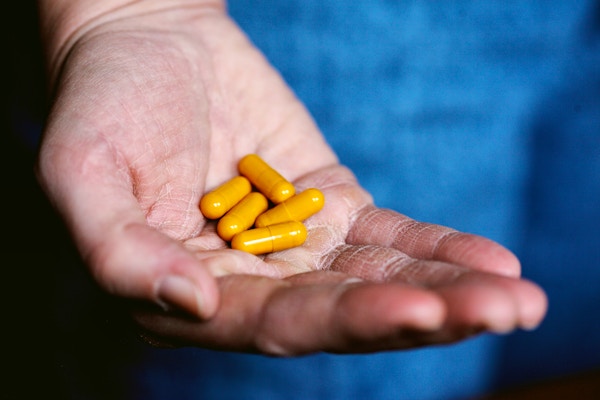
Post-workout, Dana recommends high-quality carbohydrates as well as protein. The latter is designed to help you repair and rebuild muscle, making it one of the best gym recovery supplements, the former helps to replenish energy stores. As a rule of thumb, Dana recommends 60g of carbs after an intense workout and 20g after a strength-based workout. Read more here.
Pre-Workout Supplements
As mentioned previously, there are various different options for pre-workout. Three of the most common are beta-alanine, caffeine, and creatine.
Creatine

A popular dietary supplement as well as one for the gym, creatine is a molecule found in your cells. On the lookout for the best gym supplements for muscle growth? Creatine – or a keratin gym supplement – is a good place to start since it is most associated with increased strength, and research has found that it ‘can safely increase muscle mass, strength, and exercise performance. Those who use it typically report strength gains of around five-to-ten percent more than those who didn’t use it. As Healthline explains, ‘This is probably because creatine is an important part of the energy production systems inside your cells (5Trusted Source). If your muscle cells have more energy when you exercise, you may perform better and experience greater improvements over time. If you want to increase muscular strength, creatine is probably the first supplement you should consider.’
Caffeine
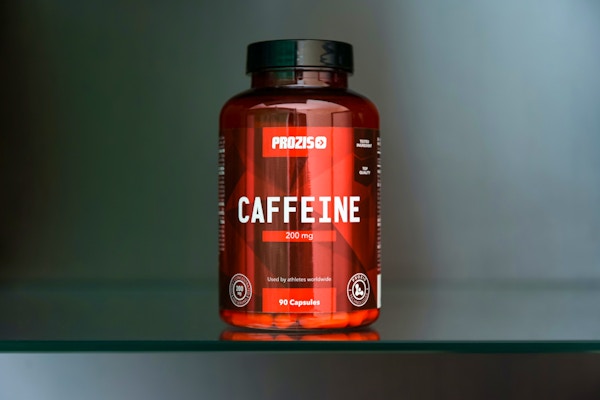
We all know caffeine from our morning cups of tea and coffee. And for the same reason that it perks us up for the day ahead, it can also improve our exercise performance. As Healthline tells us, ‘It can increase power output, or the ability to produce force quickly. This applies to different types of exercise, including sprinting, weight training, and cycling. Studies have also shown that it can improve performance during long-duration endurance events, such as running and cycling, as well as during intermittent activities like soccer.’ It is vital to note that one should not exceed the dosage appropriate for your body weight. It is also more appropriate to use caffeine if you are exercising in the morning, given its effects on sleep.
Beta-Alanine
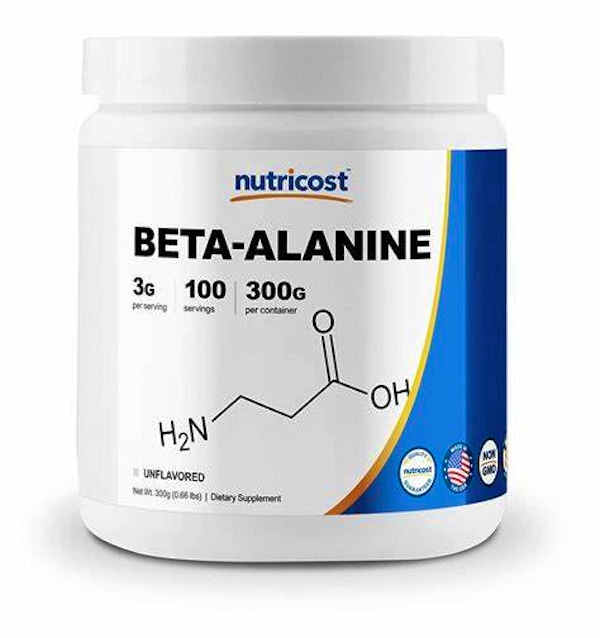
If you’ve never heard of beta-alanine, you’re not alone. However, most of us will be familiar with mid-exercise muscle fatigue. But did you know that this is due to a build-up of acid, which beta-alanine helps combat? As a supplement, it is delivered in more concentrated doses and can therefore improve performance. Do note, however, that it is much more effective for short bursts of high-intensity training. The recommended dose for improving exercise performance is four-to-six grams per day. Do note, that it may cause pins and needles in higher doses.
Read more about the best gym supplements to be taken pre-workout here.
Post-Workout Supplements
Protein, Branched-Chain Amino Acids (BCAAs), and electrolytes are all your friends after a good workout. ‘After a competition or workout, focus on getting carbs and protein into your body,’ says Kate McGowan, MS, RDN, a Sports Dietitian and Nutrition Communications Consultant. Do note, though, that if you are exercising for ten minutes or less or you are exercising at low intensity, then you are unlikely to need a supplement to recover.
Branched-Chain Amino Acids
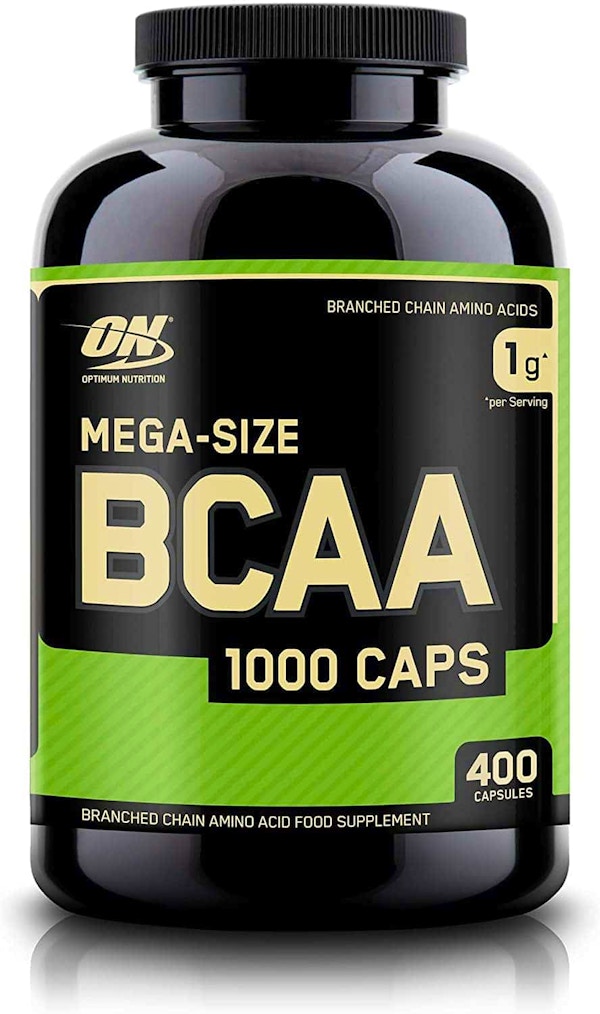
These are usually taken to boost muscle growth and enhance performance. However, they also work well post-exercise – and if you’re looking for the best gym supplements for weight loss, these could well be the ones. They consist of three amino acids – leucine, isoleucine, and valine – which are all building blocks with which our bodies make protein. Together they represent, according to Healthline, ‘35–40% of all essential amino acids present in your body and 14–18% of those found in your muscles’ and, ‘Contrary to most other amino acids, BCAAs are mostly broken down in the muscle, rather than in the liver. Because of this, they are thought to play a role in energy production during exercise.’ Your body can thus use them as building blocks for muscle, plus they can help regulate your blood sugar, as well as reduce fatigue post-exercise. Find more here.
Protein

As gym regulars will know, the timing of when you consume your protein shake is a hotly debated topic. As Healthline explains, ‘Many people believe drinking a protein shake within 30 minutes of exercise will maximize their results in the gym. This 30-minute window, commonly known as the ‘anabolic window,’ is a short period of time during which your muscles are like a sponge for protein.
The thought is that if you consume protein outside of the anabolic window, your body won’t effectively utilize it or build muscle.’ The good news is that research has shown that the window is actually much longer than 30 minutes – and in fact, it may not make any difference whether you consume protein before or after a workout. Check for more here.
Electrolytes

Electrolytes are minerals found in blood and the cells and are imperative for exercise because they regulate body fluids. They include sodium and chloride (which support muscle and nerve function), calcium, magnesium, potassium, and phosphate, which aid muscle contraction, and cell function, and keep pH balance. When exercise causes us to sweat, our electrolyte supply diminishes, causing muscle cramps, nausea, and even confusion. In the longer term, this can damage the kidneys and the heart – it pays, then, to attend to our electrolyte needs.
But before you reach for the sports drinks (and while we’re on those, do beware that many of these are extremely high in sugar), it pays to be aware of when exactly you might need to replace these minerals. The body expels water much faster than it does electrolytes, meaning that when you’re doing shorter (under an hour) and less intense workouts, you will most likely be fine with simply drinking water to rehydrate. And do you actually even need a supplement at all? Restoring your electrolytes can just as easily be achieved with milk or a salty snack – think peanut butter or pickles – since sodium is usually the first to be depleted. Bananas, nuts, yogurt, or beans are other good sources for naturally replenishing the electrolytes lost through exercise.
The bottom line?
There isn’t a great deal of need for electrolyte supplementation via sports drinks, which are usually very high in sugar and may undo some of the good you do on your workout. Learn more here.
Summary
Whether you’re looking for a supplement for gym beginners, a fat burner supplement for the gym, or the best supplements for weight loss, it is imperative that you know what you’re looking for and in what doses. Always remember, while the best gym supplements in the UK can certainly be beneficial, nothing beats a balanced diet and a good training program.
July 2022
Read more
7 Brands Offering Personalised Supplements
7 Of The Best Collagen Supplement Brands
7 Of The Best Brands For Vitamins

